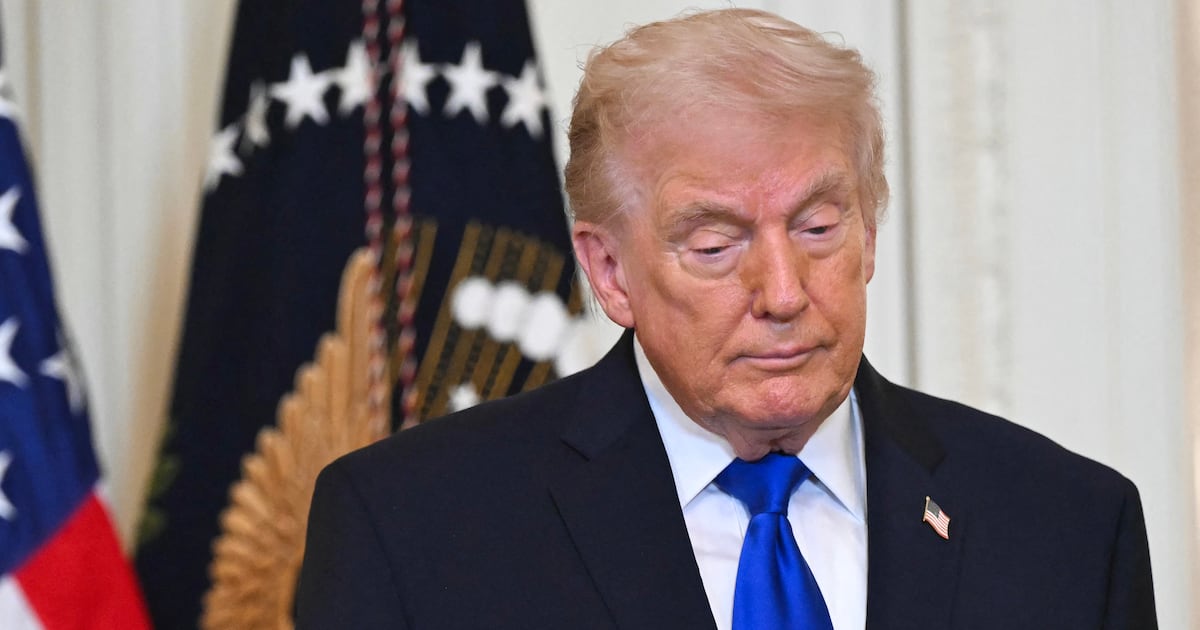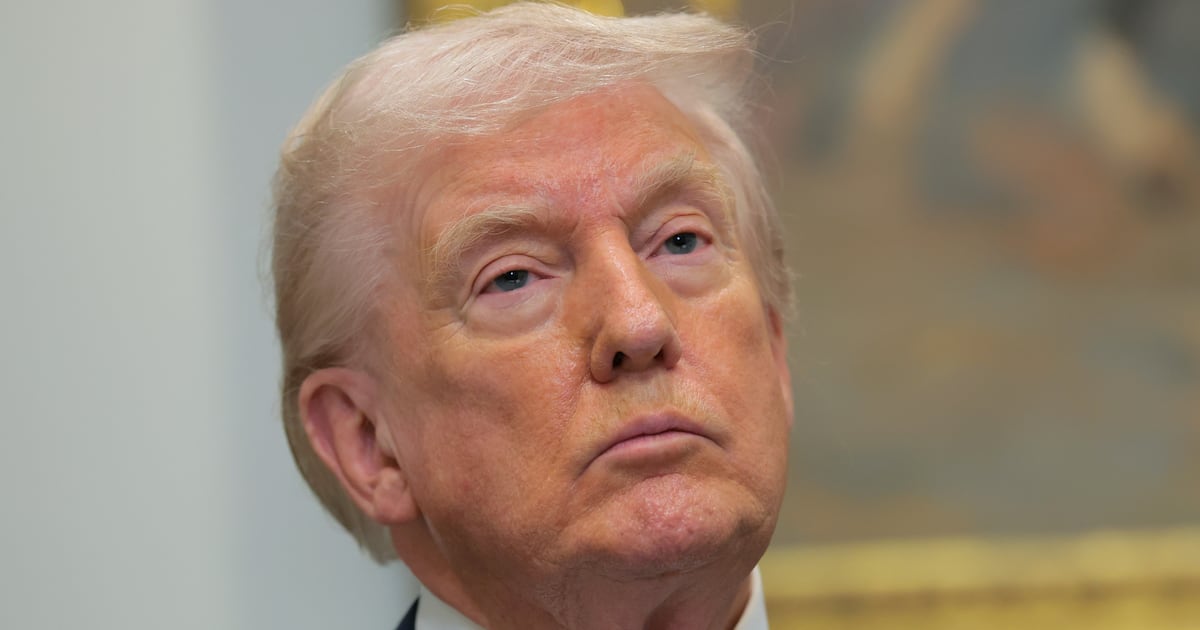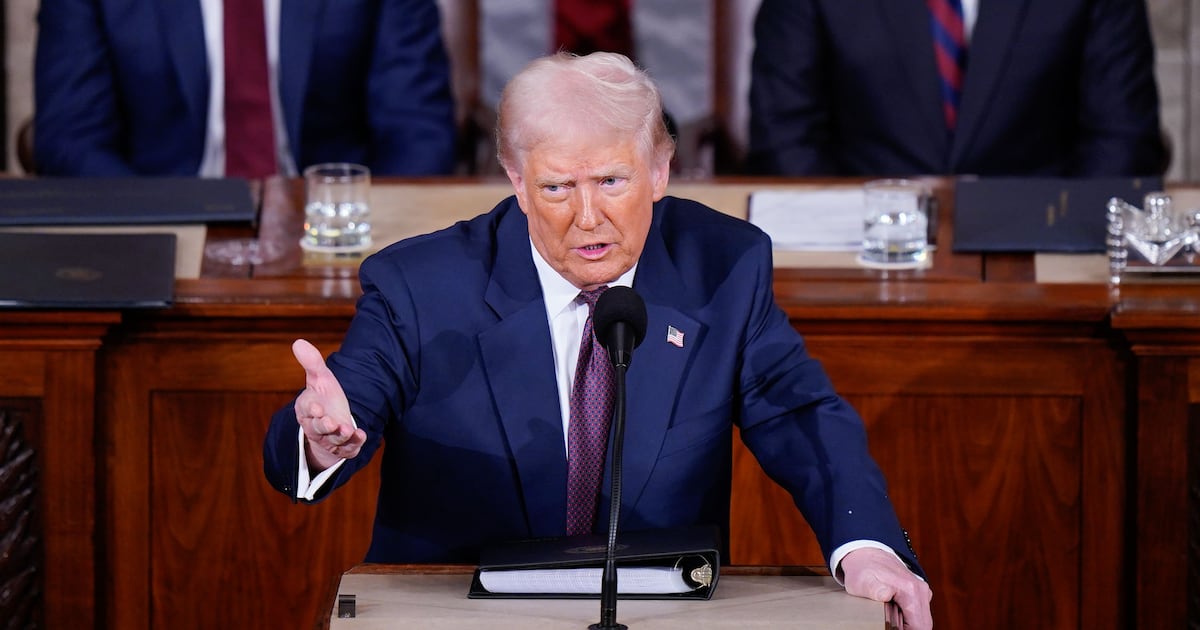Wanted: A populist to run for president.
A slew of top Democrats in the crucial early primary states of Iowa and New Hampshire are hoping for just that in an open letter out Tuesday morning.
“We have a responsibility to choose the best candidate for our state, our party, and our nation. We take our responsibility seriously” states the letter, which includes as signatories such liberal lion former Sen. Tom Harkin and Congressman Dave Loebsack, both of Iowa, as well as close to 200 state lawmakers, former members of Congress, union leaders and state party officials.
The group is calling for policies like the elimination of student debt, the expansion of social security - despite calls from many in the party to cut benefits, reducing the influence of money in politics and breaking up Wall Street banks.
But what may be more notable about the letter is what it doesn’t say.
It doesn’t endorse Hillary Clinton but it doesn’t urge Elizabeth Warren to get into the race, either.
It does not provide any sort of endorsement for any of her potential rivals like Martin O’Malley, Jim Webb or Bernie Sanders, even though their positions more closely mirror those wished for in the letter.
In fact, the letter reveals how overwhelming support remains for Clinton, even though her positions are out of step with some members of the party.
The letter was organized by the Progressive Change Campaign Committee, a group dedicated to pulling the Democratic Party to the left and but not necessarily for any particular candidate.
For months PCCC has sent organizers out to Iowa and New Hampshire to try to convince Democratic Party leaders there to publicly announce that they were not going to endorse Clinton until she publicly stated where she stood on social security and Wall Street reform.
The result of those months of lobbying is this letter.
There have been no public commitments from lobbied leaders to keep their endorsement powder dry, showing not only how dominant Clinton remains over the Democratic field, but how bereft of options movement progressives are with the Iowa caucus a mere ten months away.
It also signals that despite Clinton’s close ties to the financial industry, she is close enough to their issues to satisfy many progressives, many who are also buoyed by the history-making prospect of electing the first woman president.
Some liberal groups, like MoveOn.org and the Working Families Party have spent the last several months attempting to draft Warren into the race. That effort appears for naught, as Warren continues to insist that she is not running. Many progressives have instead been strategizing around how to pull Clinton to the left without the presence of a credible liberal challenger.
The PCCC consciously echoes the Draft Warren as well as the Draft Clinton effort by calling their initiative, “Ready for Boldness.” As part of their plan, the group is trying to organize activists in Iowa and New Hampshire to press Clinton and the other candidates on their support for economic populist ideas.
But in doing so, the group acknowledges the peculiar circumstances this election presents to progressives—pushing for an agenda in an election currently devoid of a competing candidate.
“Hillary Clinton and others want support from key leaders, passionate activists, and voters and they'll take notice as our ‘Ready for Boldness’ campaign gains momentum and shows them the way,” reads a letter that the PCCC sent out to its one million members Tuesday. “Big Elizabeth Warren style ideas are popular, and making them central to the 2016 presidential election is key if Democrats want to win.”
“The best way for Democrats to win the 2016 presidential election is by campaigning on bold, Elizabeth Warrenstyle ideas that are popular with voters across in red, purple, and blue states,” said Adam Green, co-founder of the PCCC, in a statement accompanying the announcement. “‘Ready For Boldness’ isn’t about any one candidate it’s about shifting the political environment and ensuring the Democratic Party stands for big, bold, popular ideas. It’s a call on all potential Democratic candidates to meet this economic populist moment by thinking big.”





